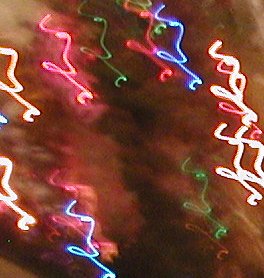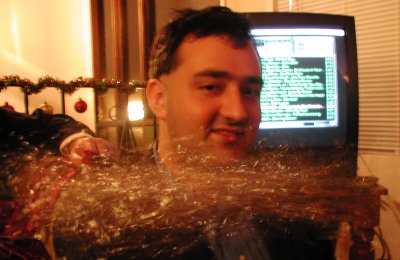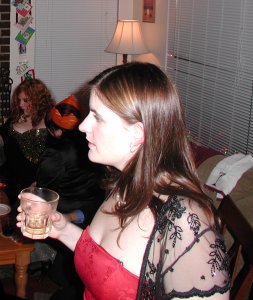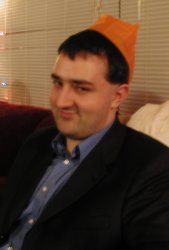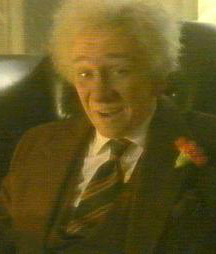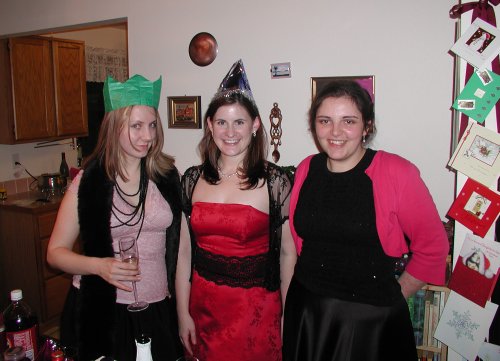Given what we know about the laws of the universe so far, I suspect that there are not too many of them - i.e. that when we finally figure out how to unify quantum mechanics and general relativity, the resulting "theory of everything" will be conceptually quite simple - perhaps just a few lines of equations when written down in their simplest form (although they might be rather difficult to do actual calculations with).
But what if there are exceptions to these laws of physics? What if there are a finite number of points in spacetime where these equations do not hold, and events happen that are not predicted by these laws? We couldn't do science with these directly - as each of them would only happen once, any experiments around them could not be repeated. There is a great deal of evidence pointing to the existence of one such point - the one the exact moment of the big bang at the beginning of the universe.
I got this idea from thinking about the classification of the finite simple groups. I won't go into great detail about what that actually means, but a very simple introduction follows in the next paragraph for the curious.
A group is just a mathematical object consisting of a set of things and an operation (e.g. addition or multiplication, call it "*") which takes any two of these things (e.g. a and b) and generates a third thing, a*b = c. This operation must also have certain special properties: (a*b)*c = a*(b*c), an "identity" element I such that a*I = I*a = a and an inverse element a-1 for every element a such that a*a-1 = a-1*a = I. The simple groups are just groups with particular properties - kind of like the equivalent of prime numbers for groups, or the chemical elements in chemistry - they can't be broken down into smaller simple groups.
Mathematicians wished to classify the finite simple groups, to find the equivalent of the "periodic table" for them. It turned out to be a rather big job - the result is the biggest theorem in mathematics (so far), consisting of some 15,000 pages in 500 articles by 100 mathematicians over a period of 28 years. It turns out that the simple groups can be classified into 18 different families (each of which is infinitely large). However, strangely there are 26 solitary finite simple groups (called the "sporadic groups") which don't fit into any of these 18 families! The largest of these has 808,017,424,794,512,875,886,459,904,961,710,757,005,754,368,000,000,000 elements, which can be thought of as a group of rotations of some object in a space with 196,883 dimensions.
I wonder if the universe works the same way. If it does, perhaps a theory of everything could be made much simpler by including such "sporadic events". By adding a finite number of sporadic events, it might be possible to change the theory of everything from an analog of the "18 families" form to a form analogous to the definition of a finite simple group. In so doing, one could predict when and where these sporadic events occurred (or would occur). We could seek out evidence for the sporadic events predicted to have occurred in the past. For sporadic events in the future, we could go to the place they were predicted to occur at the time that they were predicted to occur and perform experiments to observe them directly and gain evidence for the simplified version of the grand unified theory. Presumably if that were to occur, any alien species who had also achieved our level of scientific knowledge would be there too. I hope that by then we would be mature enough not to go to war with them over who gets to observe it. It would be kind of like the physics version of a pilgrimage to Mecca.
This might make a rather good science fiction short story.















